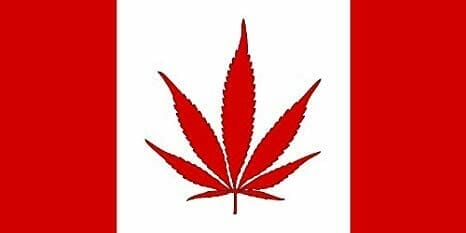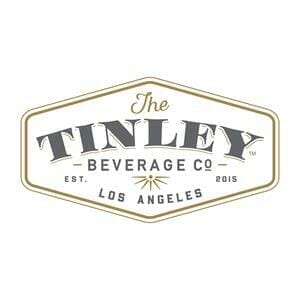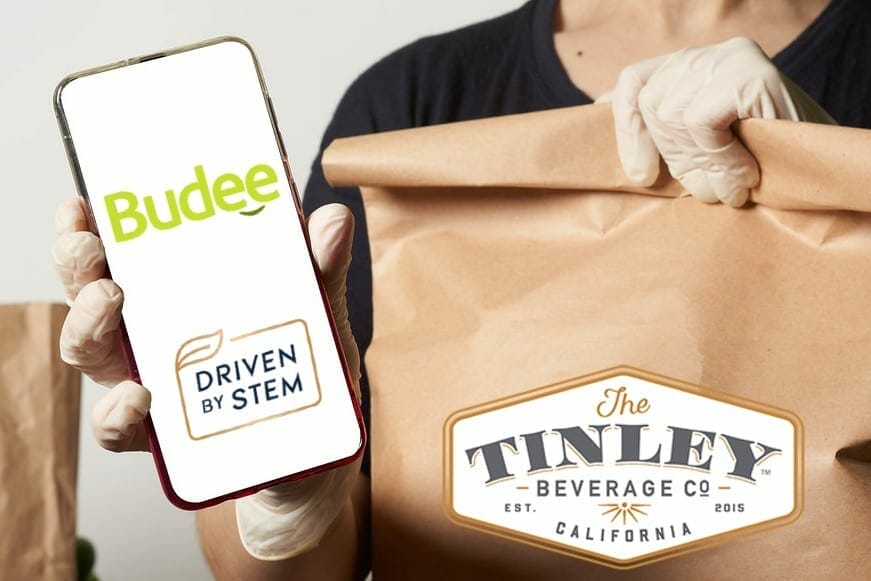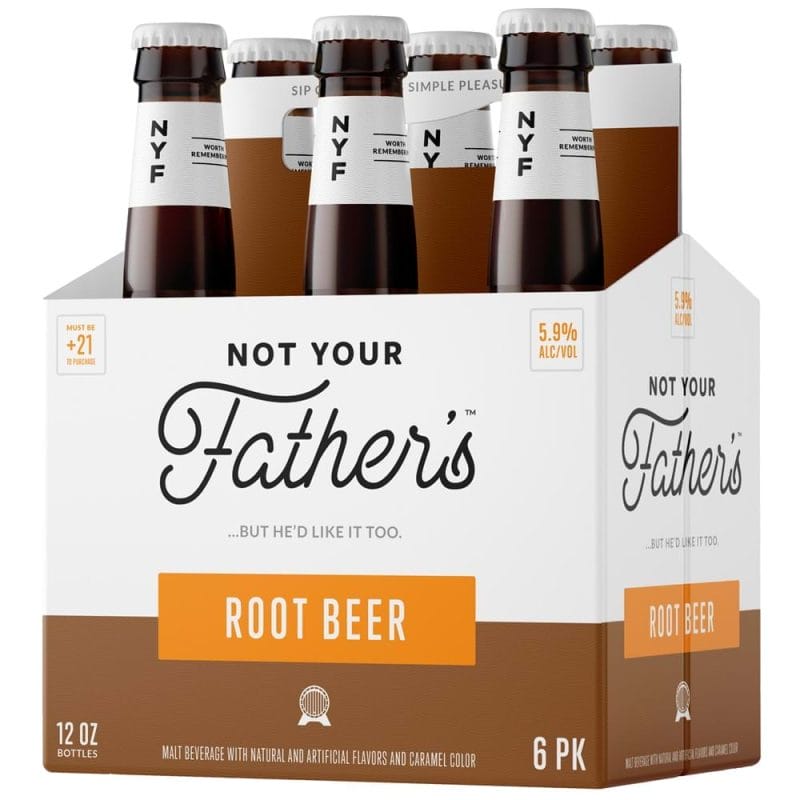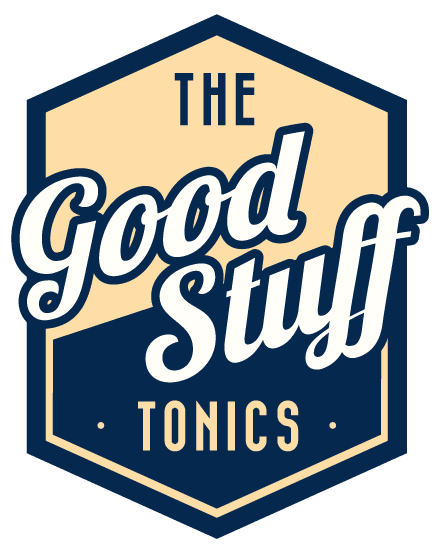The Tinley Beverage Company (TNY.C) has signed a distribution deal with Great North Distributors to spread Tinley’s cannabis beverages across Canada.
Great North’s distribution chains stem originally from the alcohol industry, and have since moved into cannabis, representing companies like Pasha Brands (CRFT.C) and Aphria (APHA.T). Since Tinley’s non-alcoholic cannabis beverages both look, and apparently taste, like their alcoholic counterparts, this relationship seems like a natural fit.
Cannabis edibles, including beverages, went live here on October 17th, 2019, a full year after cannabis legalization day kicked off. That was the date where companies could begin their regulatory two-step with Health Canada, with a prospective completion day of 60-days, which puts products on shelves in mid-December.
But Tinley’s got an ace up their sleeve:
“Tinley has the unique advantage of having cannabis beverages already in market in California, and therefore has honed its formulas, dosages, packaging solutions, science, scaled manufacturing best practices, marketing scripts and brand message. These learnings will prove invaluable in providing Canadians with the same acclaimed products that are currently being enjoyed in California,” said Doug Wieland, executive vice president and general manager of Southern Glazer’s Wine & Spirits of Canada and Great North Distributors.
While companies up here are scrambling to get their assets together and fixing their formulations to meet with Health Canada’s regulations, Tinley’s had their beverages locked-down for awhile now. They’ll still need to make deals with a Health Canada licensed manufacturer to source the raw material and actually produce their drinks here, and they’ll need to get approval for their packaging and labelling, and they may need to make changes to their dosages and formulae to comply, but they’ll get it done.
We originally wrote about cannabis edibles legalization in Canada in the summer.
THC Regulation Limits
- For edible cannabis, there would be a limit of 10 milligrams of THC per discrete unit and per package. This would mean, for example, that a package could contain one discrete unit of edible cannabis that contains 10 milligrams of THC; or two discrete units that each contain 5 milligrams of THC.
- For cannabis extracts, as is currently the case for cannabis oil, there would be a limit of 10 milligrams of THC per discrete unit that is intended to be ingested or for nasal, rectal, or vaginal use, such as a capsule. In addition, there would be a new limit of 1 000 milligrams (or 1 gram) of THC in a single package. This would mean, for example, that a package could contain 100 capsules of an extract that each contain 10 milligrams of THC; or 200 capsules of an extract that each contain 5 milligrams of THC.
- For cannabis topicals, there would be a limit of no more than 1 000 milligrams (or 1 gram) of THC in a package.
But if there’s a place in the upcoming proposed regulations that may put a twist in Tinley’s plans, it’s likely some of the restrictions placed on edibles, and whether or not they’ll apply to cannabis beverages.
Under the proposed regulations:
- Edibles must be “shelf stable” and not require refrigeration or freezing.
- Edibles must offer consumers nutritional information, including ingredients and a best-before date
- Naturally occurring caffeine in items like chocolate is allowed, but the use of caffeine, nicotine and alcohol as an additive are prohibited.
- Extracts can contain flavouring agents, but no sugars, sweeteners or sweetening agents.
- Flavours that appeal to youth, such as dessert or confectionery flavours, are banned on packaging and labelling of cannabis extracts.
Welcome to Canada
Most companies operating in the cannabis-space have a chart like a ski-slope. A general downward trajectory showing nothing but future loss and investor dissatisfaction. Tinley’s the outlier here in that they’ve dealt with the mid-October blues, and enjoyed a considerable bounce, trading right now at $0.53.
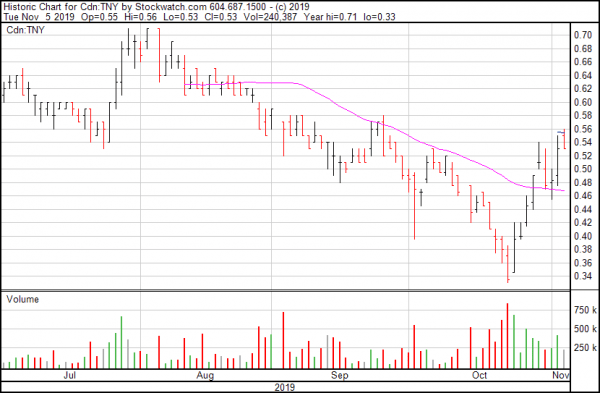
If you’re convinced by stats, then let’s consider that marijuana market research company Arcview Group suggested edibles would quadruple in Canada and the U.S. by 2022, reaching a value of over $4.1-billion. Global sales, in the meantime, should rise from $9.5 billion in 2017 to $32 billion in 2022. Let’s add that a 2018 Deloitte report, six out of 10 likely cannabis consumers (including yours truly) are expected to choose edible products over smoking cannabis flower.
That definitely shows promise.
—Joseph Morton
Full disclosure: The Tinley Beverage Company is an equity.guru marketing client.

